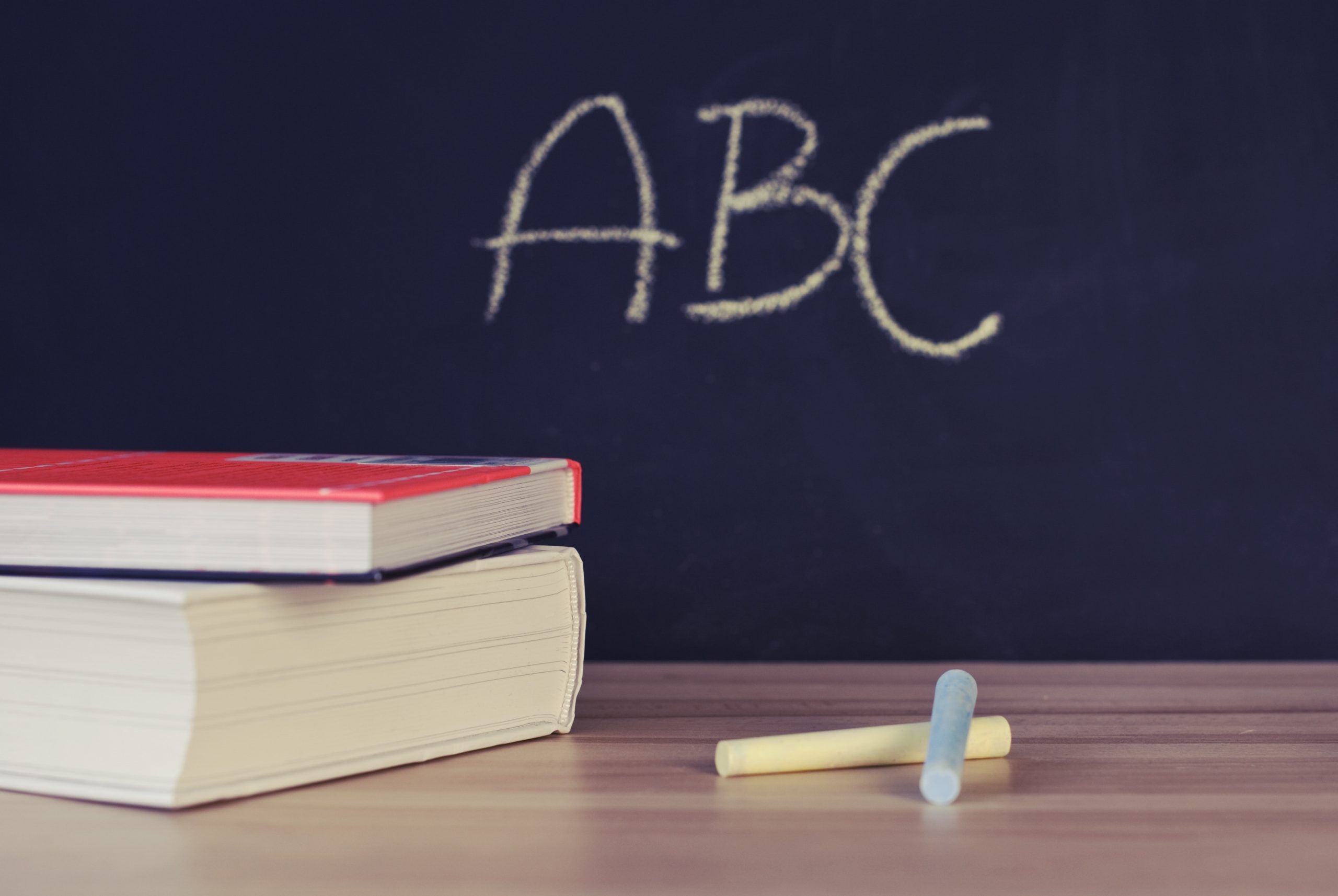I recently attended parent-teacher conferences at my children’s school. I was most concerned about my oldest child’s math class. She had been so frustrated with the content and quantity of work. Her grades did not seem to reflect the inordinate amount of time she spent on the subject matter. I arrived at the conference determined to get some answers in the 10 brief minutes I had. I planned to ask how it’s possible that my child could work as hard as she did and still not meet the standards for most of the topics. I knew that several other parents in the class had these same thoughts and that their kids were just as frustrated as mine was.
WHY IS MY CHILD STRUGGLING?
Then the conference began. The teacher started by telling me how hard my child worked, how she admired her work ethic and perseverance. “Then why isn’t she meeting standards?” I wondered. And the answer was very simple, but truly took me by surprise. “The material is really hard,” she explained. “[My child] is doing so well. She’s struggling with the concepts the way she’s supposed to. And most importantly, she’s not giving up. We aren’t supposed to feed the information to the kids the way it was done when we were in school,” she continued. “The high schools are putting pressure on us to teach the kids to struggle, to figure things out for themselves, then the teachers come around and let them know if they’re on the right track and help guide them.” She showed me one of my daughter’s tests and explained how difficult the material was, but how well my daughter did with it. “But she got nearly meets,” I again pointed out (there’s no such thing as A, B, C anymore). “It’s almost impossible to get meets on this topic,” I was told. “It would have to be perfect.” She made a few minor errors. For example, she solved a difficult problem and got the right answer, but forgot to put the cubed sign in the units. Not perfect. Didn’t meet. The teacher offered to help my child personally in any way she could. She could meet her after hours or during flexible time if it would help her understand more and gain confidence. I was a bit stunned. Maybe a little angry, not at the teacher, but at the system. Isn’t this discouraging our kids? Isn’t this causing more anxiety in our youth? Why should it be so hard to get a good grade? This all seemed so unfair.
IT’S ABOUT LEARNING HOW TO LEARN AND HOW TO FAIL.
I mulled it over a while. It’s not about the math, I finally realized. It’s about the struggle. If my child could face a challenge, sit with it, feel the pain of it, make sense of it, and know that she didn’t give up no matter what, that skill is invaluable. She could do anything. That is what schools are trying to teach our kids. Maybe we as parents have to step out of the way and let them. Learning in 2019 is very different than learning in 1989 when I was in middle school. The explosion of knowledge is remarkable. Our kids can’t possibly learn or keep up with all the information that is available to them. So they have to learn how to learn. They have to learn how to fail, over and over again, and how to pick themselves back up. That’s how innovation happens, how new ideas are born. That’s the future of knowledge. Information is like a piece of clay that you have to squeeze and push and turn over and over in your hands and then eventually something recognizable may come of it. As parents, we have to allow our kids to experience the pain while reminding them that this is all part of the journey. That’s our job. Maybe instead of complaining about the class, I should send the school administration a letter thanking them for hiring teachers that push our kids to grow and teach them how to focus on the process rather than the outcome.
What do you think about the way kids are learning today?





